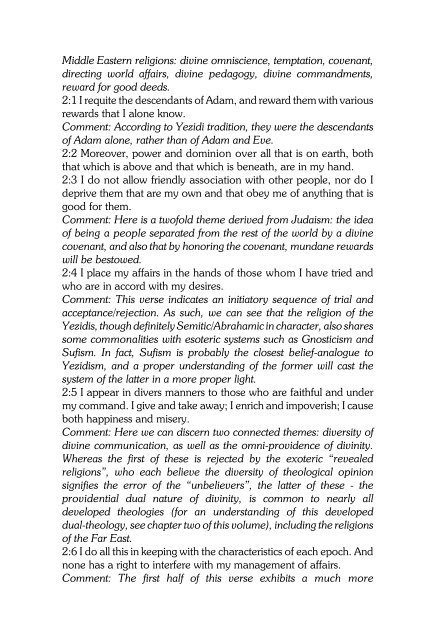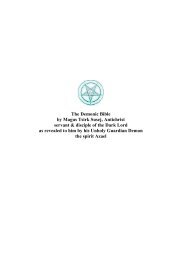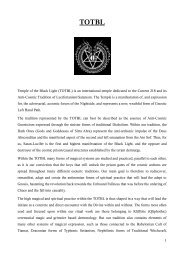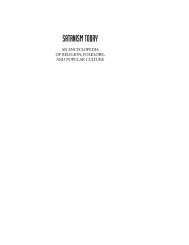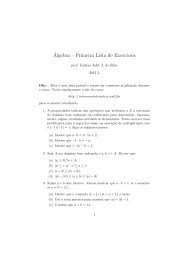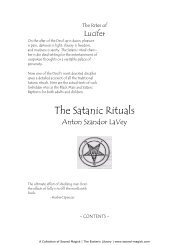postmodern Satanism
postmodern Satanism
postmodern Satanism
You also want an ePaper? Increase the reach of your titles
YUMPU automatically turns print PDFs into web optimized ePapers that Google loves.
Middle Eastern religions: divine omniscience, temptation, covenant,directing world affairs, divine pedagogy, divine commandments,reward for good deeds.2:1 I requite the descendants of Adam, and reward them with variousrewards that I alone know.Comment: According to Yezidi tradition, they were the descendantsof Adam alone, rather than of Adam and Eve.2:2 Moreover, power and dominion over all that is on earth, boththat which is above and that which is beneath, are in my hand.2:3 I do not allow friendly association with other people, nor do Ideprive them that are my own and that obey me of anything that isgood for them.Comment: Here is a twofold theme derived from Judaism: the ideaof being a people separated from the rest of the world by a divinecovenant, and also that by honoring the covenant, mundane rewardswill be bestowed.2:4 I place my affairs in the hands of those whom I have tried andwho are in accord with my desires.Comment: This verse indicates an initiatory sequence of trial andacceptance/rejection. As such, we can see that the religion of theYezidis, though definitely Semitic/Abrahamic in character, also sharessome commonalities with esoteric systems such as Gnosticism andSufism. In fact, Sufism is probably the closest belief-analogue toYezidism, and a proper understanding of the former will cast thesystem of the latter in a more proper light.2:5 I appear in divers manners to those who are faithful and undermy command. I give and take away; I enrich and impoverish; I causeboth happiness and misery.Comment: Here we can discern two connected themes: diversity ofdivine communication, as well as the omni-providence of divinity.Whereas the first of these is rejected by the exoteric “revealedreligions”, who each believe the diversity of theological opinionsignifies the error of the “unbelievers”, the latter of these - theprovidential dual nature of divinity, is common to nearly alldeveloped theologies (for an understanding of this developeddual-theology, see chapter two of this volume), including the religionsof the Far East.2:6 I do all this in keeping with the characteristics of each epoch. Andnone has a right to interfere with my management of affairs.Comment: The first half of this verse exhibits a much more


